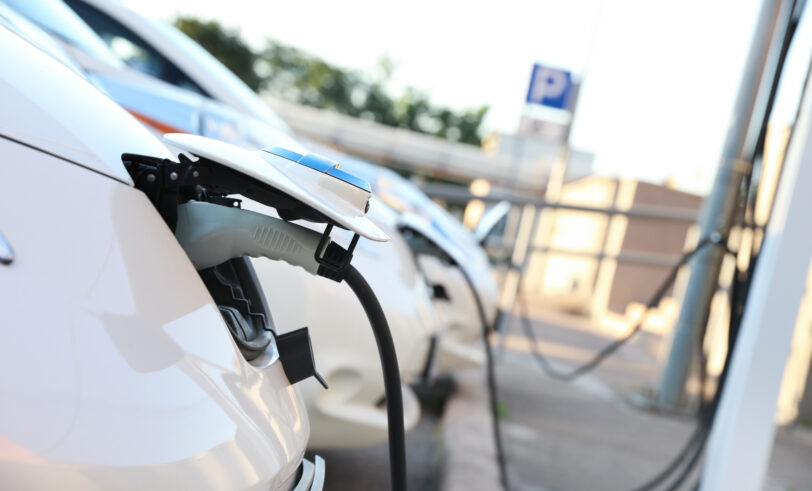Back in October, the Biden administration rolled out the National Electric Vehicle Infrastructure Deployment Plan (NEVI), an enormous initiative to dramatically expand the number of electric vehicle (EV) charging stations in each state.
In response, I weighed in on the details of this policy. In particular, I noted the lack of trust in free-market innovation, even though the EV industry was kickstarted and fueled by market forces and ingenuity.
The Missouri legislature appears to be fearful of NEVI opening a Pandora’s Box of EV expansion mandates and is considering ways to curtail it in the upcoming session. House Bill (HB) 184 was recently pre-filed and would create protections for small-business owners subject to onerous local government mandates like the NEVI Deployment Plan. Under this bill, any political subdivision that adopts a rule requiring the installation of charging stations at any non-fueling business would be required to pay all costs associated with the installation, maintenance, and operation.
While I appreciate this pre-filed bill defending the rights of some small business owners, why are fueling-businesses excluded from its protection? If a fueling business does not have charging stations, that probably signals it does not have market demand for that service. Only 1% of cars on the road are electric, and in many rural counties you could probably count the number of EV’s in the community on one hand. When it makes economic sense for fueling businesses to install charging stations, they will, and they shouldn’t be forced to do so prematurely.
Unfortunately, a law protecting against overreaching EV mandates only treats a symptom of the disease—the mandates shouldn’t be happening in the first place. The EV market has been rapidly innovating through fierce competition and expanding due to increased consumer interest. As it grows, restaurants, hotels, fueling-stations, landlords, and other businesses will face economic decisions about whether to add charging stations to their premises to attract consumers. A barbershop with limited parking may not want to build an EV station, but for a landlord, an EV station could be beneficial for luring tenants. Why is the government getting involved when market forces are driving progress on their own? By the time government-mandated projects like NEVI are actually completed, who’s to say that those charging stations will even be up to date?
These inefficient mandates are unlikely even to significantly increase the convenience and allure of EVs. In a study published by Plug-in America, only 9% of all EV owners said charging stations being too far apart was a major difficulty, and 7% said that there were not enough charging stations at each location. In addition, 60% of EV owners charge their vehicle at home daily. What problem is the government trying to solve if current EV owners are comfortable with the availability of chargers and most of them charge their cars at home?
Hopefully, protections can be put in place for business owners when inefficient EV expansion projects are implemented, but I hope HB 184 will not even need to be invoked.



